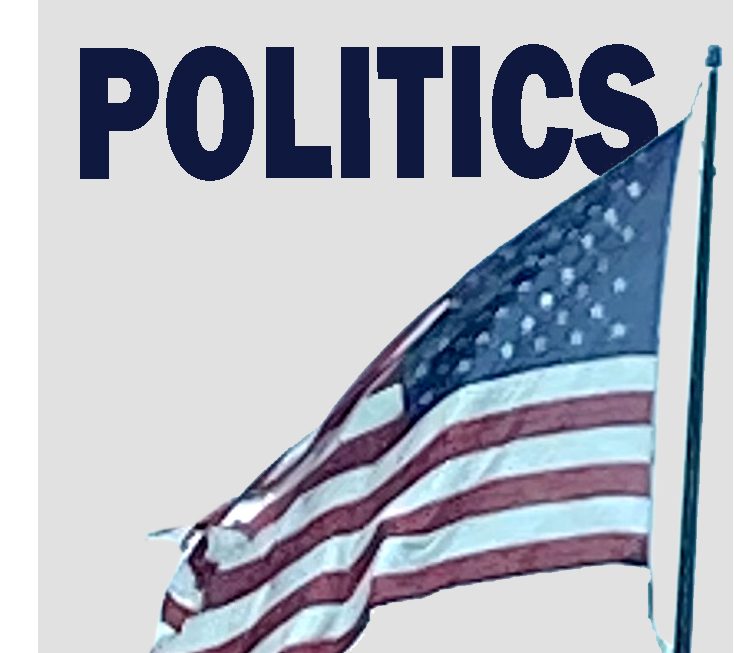A group of Philadelphians recently made headlines through their collaboration with RIP Medical Debt. The group raised over $17,000, which equated to $1.6 million of local medical debt relief, through a series of community fundraisers.
What exactly is RIP Medical Debt?
The organization is a medical relief non-profit founded in 2014 by former debt collectors Craig Antico and Jerry Ashton. The organization was formed by healthcare professionals for the sole purpose of relieving low-income individuals of the burden of medical bills. Donations come from both individual sponsors and partnering organizations running fundraisers. They have abolished $10,000,367,372 to date for over 6,787,178 people.
But how does $17,000 cover $1.6 million of debt?
Hospitals often sell cases of medical debt to debt collectors for pennies on the dollar. After all, some payment is better than no payment. The debt collectors then continue to pursue the payment in the place of the hospital. RIP Medical Debt buys this debt for the same discounted price and instead of collecting the debt, they eliminate it. According to their website, every $100 raised can erase $10,000 of medical debt.
A February 2023 Consumer Financial Protection Bureau report shows that medical debt still accounts for more than 50% of American personal debt, exceeding the amount of debt from all other sources combined, including credit cards, personal loans, utilities, and phone bills. A 2022 report by the American Economic Association indicates that relieving medical debt can improve access to medical care, and physical and mental health outcomes.
Some local counties have followed suit and are devoting ARPA funds to medical debt relief. Cook County, Illinois partnered with RIP Medical Debt to devote $800,000 and erase $8 million of medical debt for local families.
Medical debt can be life-altering for low-income Americans. Illnesses and injuries can quite literally throw a family into poverty. Organizations like RIP Medical Debt relieve this burden and aid Americans in accessing everyday healthcare without the fear of financial consequences.



